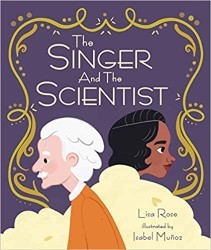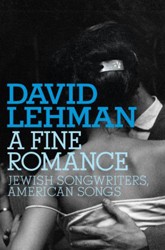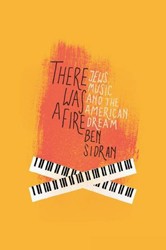Jewish identity, the topic of Jonathan Freedman’s book, is the great theme of American Jewish studies, just as anti-Semitism is the great theme of European Jewish studies. Freedman, a professor of English and American Studies at the University of Michigan, ranges far and wide in discussing the role of Jewishness in recent culture, touching on, among other things, such writers as Tony Kushner (Angels in America), Philip Roth (The Human Stain), and Arthur Miller (Death of a Salesman), gay and radical klezmer groups such as Masada and Klezmatics, the great clarinetist Artie Shaw (Abraham Arthur Arshawsky), and Jerome Robbins and Leonard Bernstein’s 1974 ballet, Dybbuk. Freedman also analyzes how Jewishness has shaped the relationship between Jewish writers and musicians and their black, Chicano, and Asian-American counterparts, as well as the prominence of anti-Semitism in the Left Behind series of books by Christian Right advocates Timothy LaHaye and Jerry Jenkins.
Klezmer America is part of the wave of “cultural studies” now so prominent in academia. This is reflected in its concern with issues of gender, particularly homosexuality, its sympathy for radical politics, its often rarefied and dense academic prose, and its weak historical superstructure. Klezmer America is a valuable book but only for readers patient enough to make the effort.





